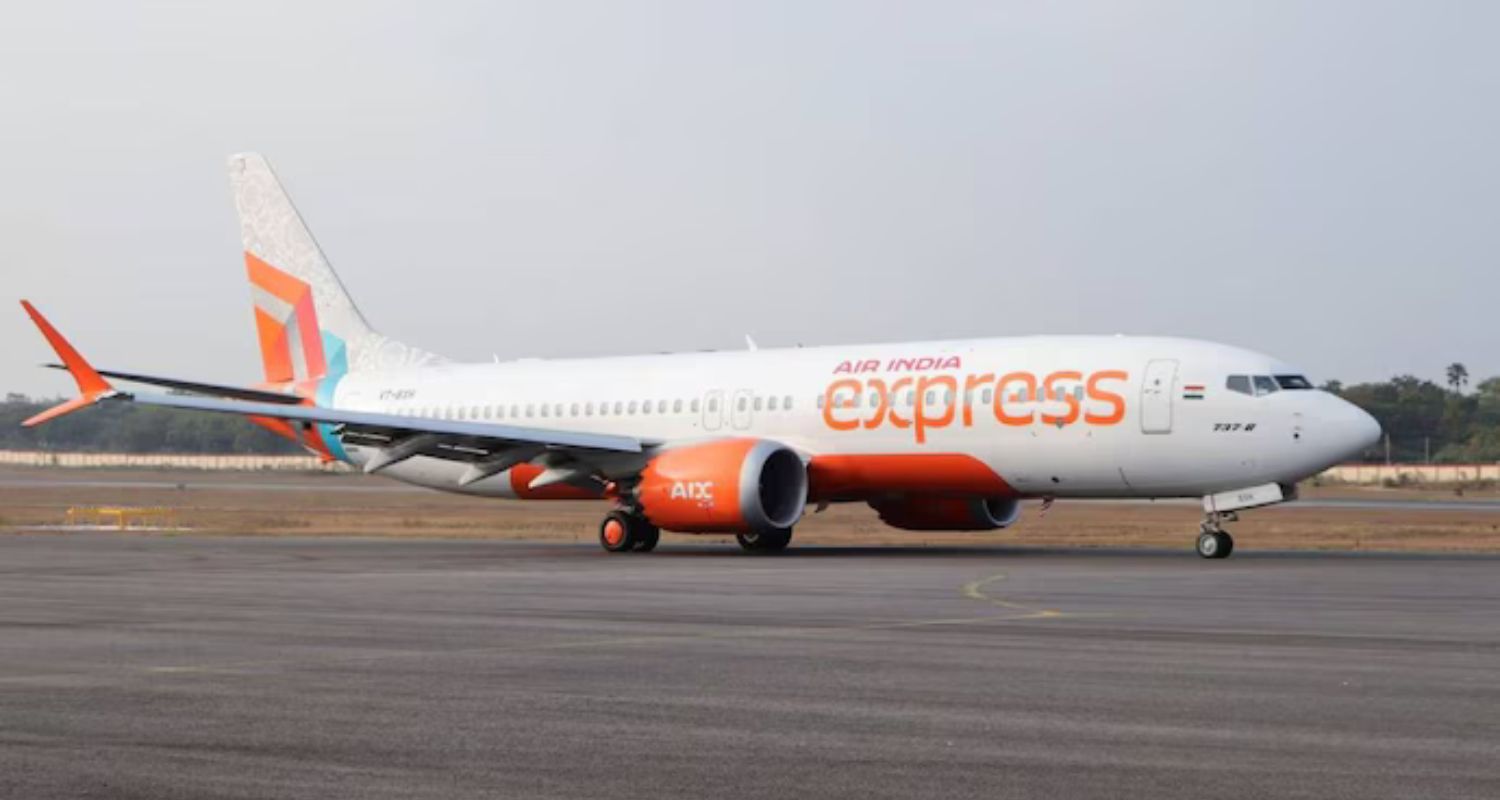In March, Air India Express received a reprimand from India's aviation regulator, the Directorate General of Civil Aviation (DGCA), for allegedly falsifying records to falsely demonstrate compliance and for failing to replace essential engine components on an Airbus A320 aircraft by the deadline set by the European Aviation Safety Agency (EASA). International media reviewed a classified government memo that contained these revelations.
In a statement to Reuters, the Tata Group's low-cost airline, Air India Express, admitted the error and stated that it had taken "remedial action and preventive measures" in response to the DGCA's conclusions.
The memo claims that DGCA surveillance showed that an Airbus A320's necessary engine component modification had not been completed in the allotted time. The memo said, "The AMOS records have apparently been altered/forged to show that the work has been carried out within the prescribed limits." Airlines use AMOS (Aircraft Maintenance and Engineering Operating System) software to monitor aircraft maintenance and guarantee airworthiness.

The airline clarified that a migration problem involving maintenance records on the monitoring software was the reason the parts replacement could not be completed on time. It further stated that the problem was fixed soon after it was discovered.
The airline acknowledged that it took "necessary administrative actions" following receipt of the DGCA's memo in March, despite failing to provide specific dates of compliance or a direct response to the DGCA's observation regarding forged records. Among these were the suspension of the deputy continuing airworthiness manager and the dismissal of the quality manager.
Also Read: AI crash preliminary report due next week, may reveal causes
In addition to being a major regulatory violation, the incident occurs at a time when the Tata-owned Air India Group is under close scrutiny after an Air India Boeing Dreamliner crashed in Ahmedabad in June, killing 241 of the 242 people on board. This was India's deadliest aviation accident in more than ten years. The crash has raised concerns about systemic safety, even though the two incidents are unrelated.
Although the DGCA's engine maintenance failure was detected months before the Dreamliner crash, it was part of a larger pattern of regulatory infractions that the aviation authority discovered in 2024. The DGCA issued a warning to Air India earlier this year for operating three Airbus aircraft with past-due inspections on emergency escape slides, in addition to the Air India Express case. In June, it also issued a citation to the airline for "serious violations" of regulations pertaining to fatigue management and pilot duty hours.
Also Read: Air India flight to US grounded in Vienna after fuel stop issue
The March case's aircraft, registered as VT-ATD, usually flies both domestic and short-haul international routes, including those to Dubai and Muscat. Following the discovery of "manufacturing deficiencies" that, if ignored, could have resulted in safety hazards, the EU's aviation safety regulator ordered the replacement of the engine part.
Former Aircraft Accident Investigation Bureau official Vibhuti Singh commented on the oversight, calling it "a grave mistake." He emphasised that ignoring urgent engine maintenance greatly raises operational risk, particularly for aircraft operating over water or close to restricted areas. According to government data, 11 of the 23 safety warnings or financial penalties that Indian aviation authorities issued in 2023 involved either Air India or Air India Express.
The Tata Group has been striving to make Air India a top airline since purchasing it in 2022. But the airline still faces ongoing complaints from passengers about in-flight amenities and aircraft maintenance, which are now made worse by growing worries about its safety procedures and adherence to regulations.
Also Read: Air India suspends flights to Middle East amid tensions


